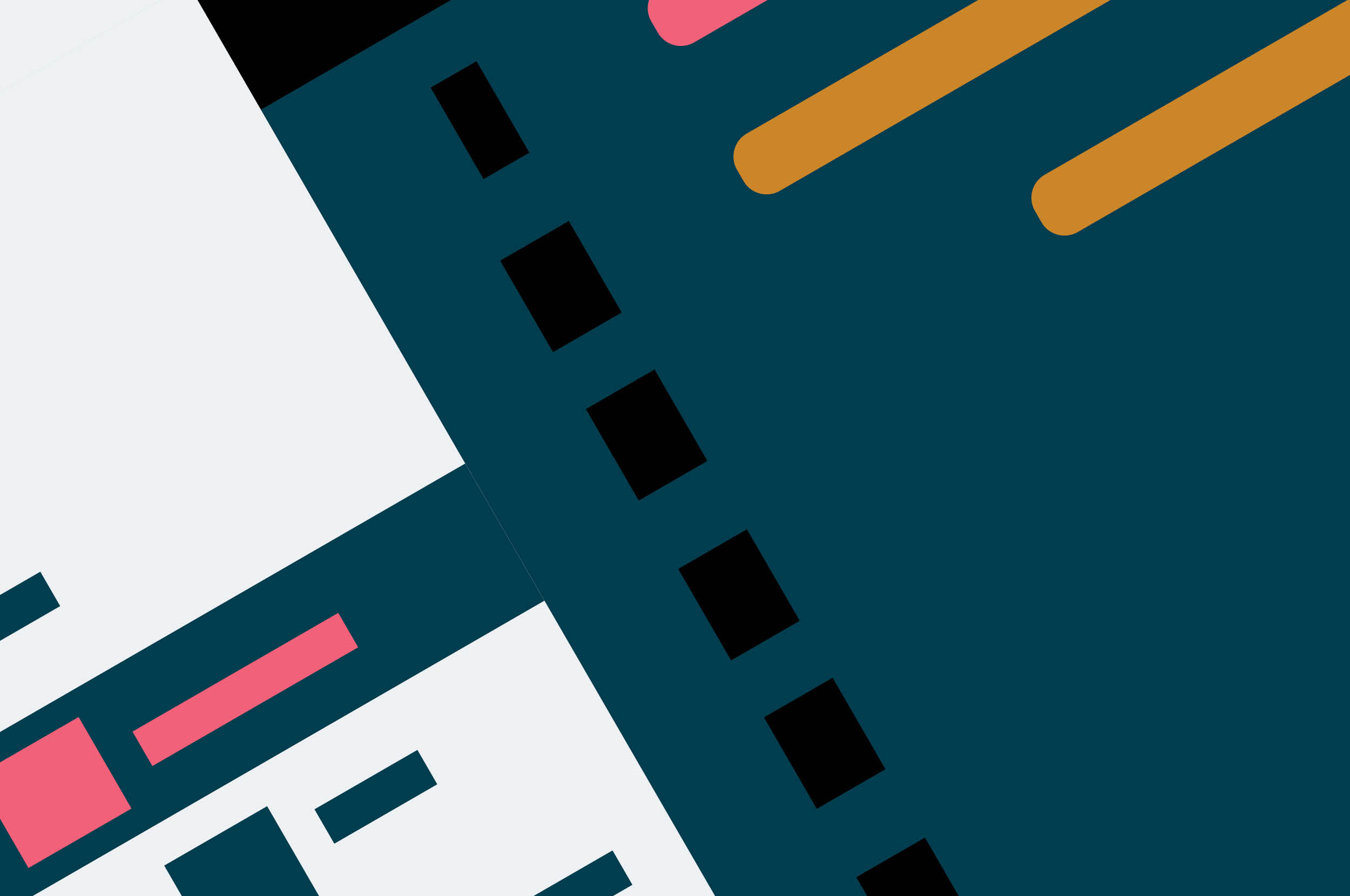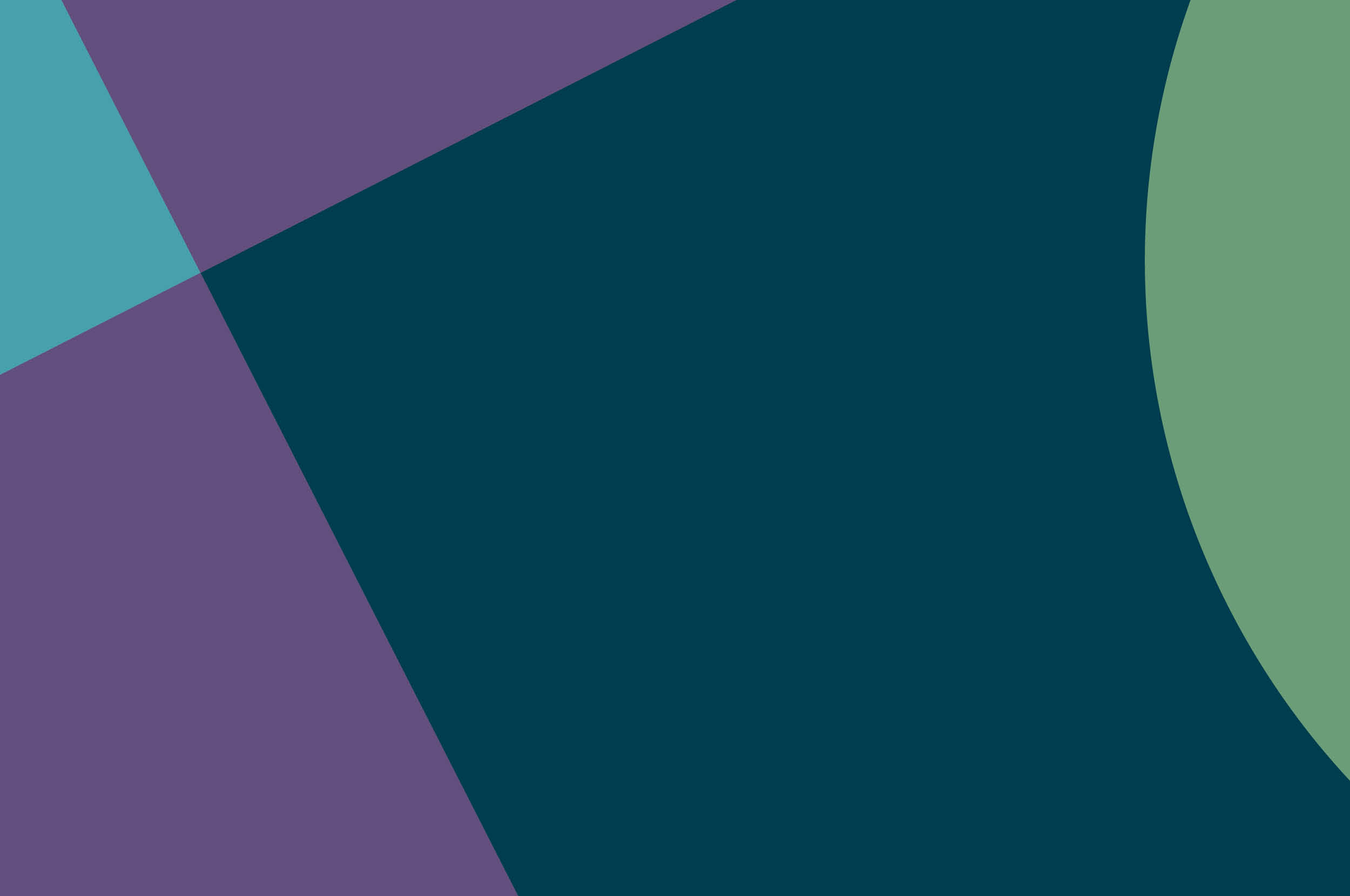We caught up with Graduate Software Developer, Cynthia Anyaeriuba who gave us an overview of her journey into the tech industry. Cynthia started her career as an Orthoptist, however, it was her passion for the tech world that would guide her to Thoughtworks.
Tell us a little about yourself and your career journey so far
My name is Cynthia and I'm a recent career changer. I joined the world of tech about a year and a half ago.
I'm a Graduate Developer at Thoughtworks and I took a non-traditional route into the tech industry. I actually started off my higher education as an Orthoptist, which many people aren't familiar with. In short, it's essentially an eye specialist.
Through lots of twists and turns, I ended up going into the world of business as an Account Manager. I knew it wasn't quite the right role for me, and being quite a curious person, I actually started to shadow Business Analysts and other tech professionals within my company which allowed me to gauge what it meant to work in tech and the type of work they did. From then on, I knew I wanted to be in tech in a hands-on role.
After a bit of investigation, I went through a course at Makers Academy and a Bootcamp that gave me all the skills I needed to apply for the Graduate role at Thoughtworks.
It was such a worthwhile experience and something that I am so glad I did because it was a pivotal point in my life - it allowed me to step into this career and gave me the validation that I could actually do this.
You mention that you started to shadow tech professionals whilst at your previous company, what was it about the tech industry that made you want to make the career change?
I think it would be that you're constantly learning. Because I reached a point in my previous career where I felt a little bit stagnant and I just didn't feel like I was using my brain very much in my day-to-day job.
My orthoptic career was inspired by my need to help people. From a young age, my parents were both in health care. So I thought the only way I could do that was through healthcare. Now, working in tech, I realize that technology is another route to help so many people. So it was kind of a combination of both those things, constant learning and also the fact that I can actually use tech for good and make a change to people's lives.
Can you tell us a little about how you found your way to Thoughtworks?
When I started at Makers Academy, I discovered Thoughtworks. And it was through a webinar that Hackajob posted. I really liked the fact that the person that was hosting the webinar was a woman. I really appreciated that because I don't often see a lot of female representation within the industry. Especially at a high senior level. And when she was explaining what working at Thoughtworks was like, there was a huge focus on team, inclusivity and social impact work.
The social impact work really resonated with me, even to the point where in my interviews at Thoughtworks, a huge portion of my interview was around social justice. And that was almost a casual conversation between myself and two other developers. At first, I thought this seems like such a random thing to do in an interview, but I think it was to gauge the kind of personality that you have because you do need to be aligned with the Thoughtworks ethos.
It would be great if you could tell us a little about that Thoughtworks University experience?
Thoughtworks has a great route for graduates. In the first few weeks of my career at Thoughtworks, I was at Thoughtworks University which is like a mini Bootcamp. We go away for six weeks and we work as teams to develop projects. It was a great experience because you were around other new Thoughtworkers that were in the same boat as you and you could learn from each other.
Throughout your career, do you feel like you faced any biases being a woman in tech?
So I suppose I'm also somewhat used to being one of the very few black women in a room, even in my previous role in telecoms where it is notoriously one demographic that makes up the majority of people in the industry. So it's not something I'm unfamiliar with, but when coming into tech, I went through my Bootcamp in the pandemic, it was over Zoom mostly and so the impact of the feeling of being the only woman or only black person might have had more of an impact on me if it was in person, but being over Zoom, I didn't really necessarily feel that particularly.
I think it's an important conversation to have, I think the good thing about tech is that there's always a community out there. I was quite good at trying to seek them out. I joined Coding Black Females and I started an Instagram whilst I was in my Bootcamp where I would post my journey and there would be so many women that would join me and follow me. I think there are always people out there that are going through what you're going through and you won't ever feel isolated if you're willing to step out and look.
But since starting at Thoughtworks, I can't say that I felt that imposter syndrome because there is a sense of equality amongst everybody in my organization. I really, really like that. And that was one of the things that I was looking for when starting out in a company. I think the only thing that's ever caused imposter syndrome is just that niggling voice questioning if you really know what you're doing.
But, I don’t think anyone really knows what they're doing at the beginning. Everybody starts with a completely blank slate and you just have to learn as you go, getting comfortable with that has been a big part of my journey. Thoughtworks University has been a huge help with that.
What’s next on the agenda for development within your Thoughtworks career?
Hard skills - I'd probably be looking to learn Python, especially looking into mobile development.
In terms of soft skills, definitely do more public speaking and work on leadership skills, because I think one day that's where I'd want to direct my career, but at the minute I’m just learning and taking it all in.
And finally, can you give any tips or pieces of advice for anyone considering a role in the tech industry?
If you’re right at the early stages and still considering whether tech is for you, I would say try as much as you can to find other people doing things in tech. It could be anything! Business Analysts, Project Managers, Software Engineers, Quality Analysts … absolutely anything! But once you’ve found them, just ask them about their job, what they do and how they do it. Find out what they like and don’t particularly like about their jobs.
One of the biggest challenges at that early stage, especially for me, was not knowing what “tech” meant. And it's hard to mentally commit to taking this leap of faith into tech when you’re jumping in blind. But once you speak to real people doing their real jobs you will often think “That sounds pretty cool, I could see myself doing that”. And I always say tech is one of the few industries where most people will help if you ask. That's just one of the things I love about it.
If you would like to find out more about life at Thoughtworks, please follow this link.
Disclaimer: The statements and opinions expressed in this article are those of the author(s) and do not necessarily reflect the positions of Thoughtworks.















![[Career Stories] Cynthia Anyaeriuba, Graduate Software Developer](/content/dam/thoughtworks/images/photography/banner-image/insights/in_banner_blogs.jpg)

